Get started on an action plan to move towards a more equitable future
ICMA's virtual Equity Summit, Moving the Needle: Advancing Racial Equity in Local Government, is a gathering of Diversity, Equity, and Inclusion Officers (and those doing the work without the title) as well as other local government professionals interested in ideas and institutions to deepen strategies, shape actions, and create solutions.
This event will give participants the opportunity to create and maintain relationships with like-minded professionals, as well as foster these relationships in a virtual environment.
Attendees can expect engaging conversations and actionable solutions in this two-day event that will take deep dives on everything equity from accountability to zip codes.
Registration for this event is now closed. We look forward to seeing you next year!
Key Takeaways
Participants of the Equity Summit will:
LEARN
about internal and external equity and inclusion challenges, solutions, and tools.
SUPPORT
themselves and peers through shared chief equity officer challenges.
BE INSPIRED
by presenters, panelists, and keynotes.
DOWNLOAD
checklists, tools, publications, resources, and videos from our Equity Briefcase.
EXPLORE
topics of racial equity, accountability, and skills-building for driving a more inclusive and equitable culture throughout your communities.
CONNECT
with colleagues during networking sessions.
Preliminary Schedule of Events
We’ll unpack pressing topics so that you have the tools and know-how to empower your staff and community.
Times are listed in Eastern Time (ET)
- Thursday, June 10, 2021
-
11:00 AM - 11:10 AM: Welcome | Jim Malloy
11:10 AM - 12:00 PM: Opening Keynote with Troy Brown
Expanding Our Reach: The Ever-Changing Needs of People
This keynote will focus on people in outlining why diversity, equity, and inclusion is important to self-actualization by interpreting real-life experiences to outcomes as seen through the eyes of an American.
12:00 PM -12:15 PM: Break
12:15 PM - 1:15 PM: Concurrent Sessions
Session A: Getting Everyone Aboard the Equity Train
Institutionalizing equity in local government is not a one-time project directed by the executive. It takes collaboration and buy-in from the community and the elected officials as well. This session will include steps and strategies administrators and staff leadership utilized to normalize the introduction of and implementation of equity in local government.
Speakers: Jonathan Butler, Equity Manager, San Antonio, Texas; Andrea Alicoate, Diversity & Community Engagement Administrator, Mesa, Arizona
Session B: A Commitment to Equity - Developing an Equity Focused Organization Through City Budget Decisions
To many civic leaders, the necessity of centering questions of race and equity in all aspects of budgeting has become apparent. But what does this mean for governments struggling with an ongoing COVID response, budget deficits, and new community needs? If it’s true that budgets reflect the values of an organization, what can government agencies do to make meaningful steps toward racial equity?
Speaker: Chris Fabian, Co-Founder, ResourceX
1:15 PM - 1:30 PM: Break
1:30 PM - 2:30 PM: General Session
Not Ready to Lead with Race
The work of chief equity officers is explicitly, not exclusively, about racial equity. However, many continuously say “Equity” and avoid saying “Racial Equity” because folks are still very uncomfortable talking about race. This session will touch on the issue of why we are still not ready to say racial equity or lead with racial equity. Connect, support, and strategize with equity officers and discuss how to get comfortable talking about race.
Speakers: Phillip Smith-Hanes, County Administrator, Saline, Kansas; Siri Russell, Director, Office of Equity and Inclusion (OEI), Albemarle County, Virginia; Jonathan Butler, Equity Manager, San Antonio, Texas; Dorla Bonner, Director of Diversity, Equity, and Inclusion, Kalamazoo, Michigan; Aimee Kane, Equity Program Manager, Boulder, Colorado
2:30 PM - 2:45 PM: Break
2:45 PM - 3:45 PM: Concurrent Sessions
Session A: Getting Real with Chief Equity Officers
This panel of tenured and experienced chief equity officers share what it is like to lead diversity, racial equity, and inclusion initiatives in local government organizations. Their 'getting real' discussion includes "what I wish I would have known", celebrations and lessons learned, and nitty-gritty on perceptions about the identity/race/ethnicity of who should fill the role.
Speakers: Diane Powers, Retired, Director, Office of Equity & Human Rights, Tacoma, Washington; Aimee Kane, Equity Program Manager, Boulder, Colorado
Session B: Racial Equity, the Code of Ethics, and You
Is your leadership unsure how to navigate racial equity? Do you feel embracing racial equity is hindered by the ICMA Code of Ethics? This session discusses how ICMA, through Tenet 7 and the ICMA Declaration of Ideals, works to maintain and enhance public trust and confidence in local government, achieve equity and social justice, affirm human dignity, and to improve the quality of life for the individual and the community.
Speaker: Martha Perego, Director of Member Services and Ethics, ICMA
3:45 PM - 4:45 PM: Concurrent Sessions
Session A: Moving the Needle through Community Stories
Through storytelling, local government organizations can show how they are building trust, increasing transparency, and improving racial equity in their communities. Attendees will learn Durham County's story of how they addressed their racial past, acknowledged inequitable policies and initiatives, and engaged with key community partners and members to move the needle on racial equity.
Speaker: Kweli Rashied-Henry, Racial Equity Officer, Durham County Government
Session B: What Does Equity Look Like Post COVID-19 Pandemic?
The pandemic and recent events throughout our country (and the world) have given us the opportunity to address historic and systemic inequities that have persisted in our communities. We now have the opportunity and responsibility to leverage our resources and heightened awareness using an equity lens through data analysis, fiscal allocation, and strategic priorities; but how do we do that and how do we sustain momentum? This conversation-driven session will provide tangible and usable frameworks for communities that are looking ahead to address inequities of the past and present. This truly is the moment for local government to not only mitigate the harm caused by the pandemic, but the ongoing negative impact of past policies and practices primarily on our minoritized communities.
Speaker: Manisha Paudel, Chief Equity Officer, Des Moines, Iowa; Genesis Gavino, Resilience Officer, Dallas, Texas
- Friday, June 11, 2021
-
11:00 AM - 12:00 PM: Concurrent Sessions
Session A: Talking About Power and Race
As leaders in your organizations, you have opportunities to leverage your position and authority to motivate staff to make decisions that lead to equitable and inclusive outcomes. Your leadership is informed by your unique backstory and relationship to personal, institutional, and systemic racism. Your identity and your experiences also shape how you use your personal and professional power and how you influence the structures and systems you inhabit. Join this session to sharpen your analysis of power to inform how to use your role to advance racial equity and equitable outcomes for your communities.
Speakers: Julie Bosland, Associate Director for Public Sector Innovation, Living Cities; Elizabeth Reynoso, Co-Lead, Closing the Gaps Network
Session B: The Possible Side Effects and Net Gain of Equity Commitment
Whether cities and counties are just embarking on their equity journey or strengthening their existing efforts, they are undoubtedly navigating barriers and challenges in the process. Advancing and promoting equity could mean significant culture and narrative shift within the organization and in the community. This which can often lead to internal conflict and/or relationship challenges. This engaging session will explore these conflicting challenges, big or small, and strategies to effectively address them.
Speaker: Mary Elizabeth (Liz) Cedillo-Pereira, J.D., Chief of Equity and Inclusion, Dallas, Texas; Benjamin Duncan, Chief Diversity and Equity Officer, Multnomah County, Oregon
12:00 PM - 12:15 PM: Break
12:15 PM - 1:15 PM: Concurrent Sessions
Session A: Driving Equity through Economic Opportunity
As our country recovers from the pandemic there is a growing need for economic opportunity in our communities. This session will examine the role of local governments in dismantling structural barriers, providing access to resources and creating economic mobility.
Speaker: Aleea Slappy Wilson, Diversity, Equity, and Inclusion Officer, Norfolk, Virginia
Session B: Zip Code > Genetic Code: How Our Neighborhoods Help or Hurt Us
Who owns the responsibility for health equity? If social and economic neighborhood conditions predict nearly half of an individual’s health outcomes, then why are so few healthcare resources set aside to invest in strengthening neighborhoods through policy development and advocacy? We know that strong, equity-centered policies can change lives, but the folks we work with across the country often feel trapped by the expectation to only provide certain services and meet narrowly-defined social needs. Leaders can feel constrained by political pressure to “play it safe” when it comes to policy work, even when they know in their heart that structural interventions are the most effective prescription for prevention. This session will provide an overview of the field of Social Epidemiology--the study of how policies can get under the skin and manifest as disease. This session will also outline three ways healthcare organizations and cities can work together to integrate the complexities of upstream political determinants of health into their work: the power (and limitations) of data storytelling; the power of the workforce; and the power of a policy prescription.
Speaker: Sarah Martin, Vice President of Health Solutions, mySidewalk
1:15 PM - 1:30 PM: Break
1:30 PM - 2:15 PM: Closing Keynote with Melissa Wiley
If They Only Knew Me: Healing Macro Systems Through Micro Relationships
This session will explore the relationships we have at work and how internal dynamics impact our ability to serve each other and our communities. It can be said that there is no macro healing without micro repairs. This session will explore the power of story and healing relationships during divisive and challenging times. Diving into the power of what is possible when we can solve the struggles in our own hearts first.
Speaker: Melissa Wiley, Deputy Town Administrator, Erie, Colorado
2:15 PM - 2:30 PM: Closing Comments
2:30 PM - 3:30 PM: Conversation and Connection Huddles
Networking and Discussion
Reflect on summit. What questions remain? Discuss challenges in the CAO office, elected officials, politics, etc.
Moderator: Manisha Paudel, Chief Equity Officer, Des Moines, Iowa
Promoting Equity in Rural Communities
Discuss challenges for CEOs in rural communities
Moderator: Siri Russell, Director, Office of Equity and Inclusion (OEI), Albemarle County, Virginia
Limited Resources
A conversation about advancing racial equity with limited resources.
Moderator: Aimee Kane, Equity Program Manager, Boulder, Colorado
CEO Identity and Role in Work Environment
What it means to do the work and succeed as a Chief Equity Officer.
Moderator: Jonathan Butler, Equity Manager, San Antonio, Texas
Meet the Speakers
You’ve got questions, and our speakers have answers. From equity and inclusion experts to visionary thought leaders, our speakers will give you fresh perspectives and bold takeaways for moving the needle forward.
KEYNOTE SPEAKERS
jim malloy
city manager, lexington, Massachusetts; ICMA president
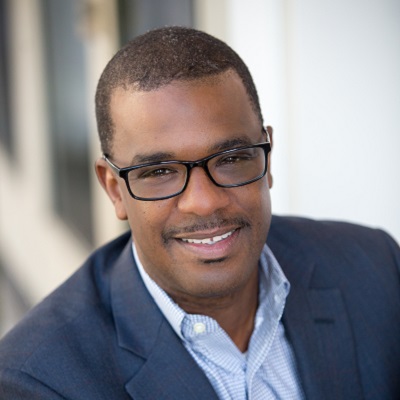
DAY 1: Troy Brown
City Manager, Moorpark, California; ICMA President-Elect

DAY 2: Melissa Wiley
Deputy Town Administrator, Erie, Colorado
EDUCATION SESSION SPEAKERS
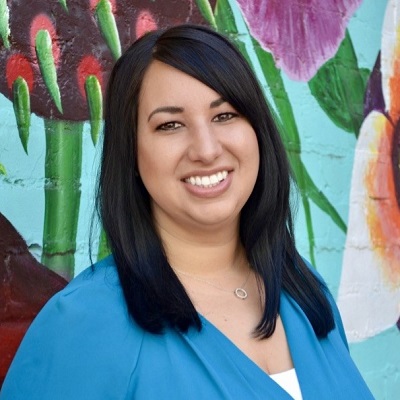
Andrea Alicoate
Diversity & Community Engagement Administrator
Mesa, arizona
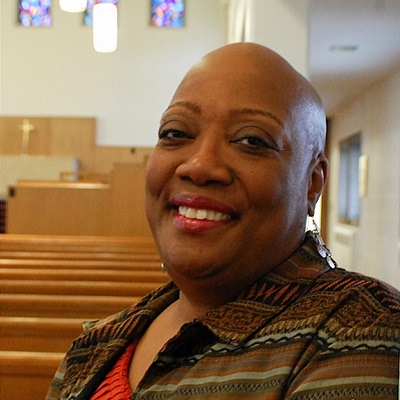
DORLA BONNER
Director of Diversity, Equity, and Inclusion
Kalamazoo, Michigan
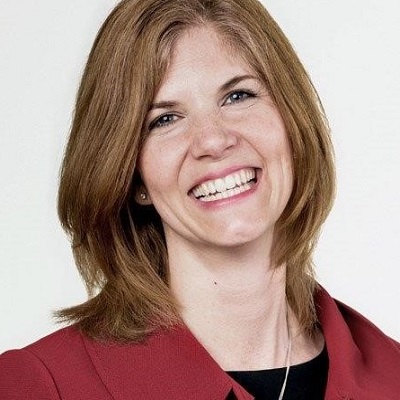
JULIE BOSLAND
Associate Director for Public Sector Innovation
LIVING CITIES
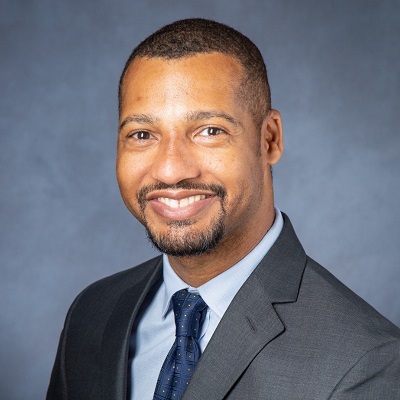
JONATHAN BUTLER
Equity Manager
San Antonio, TEXAS
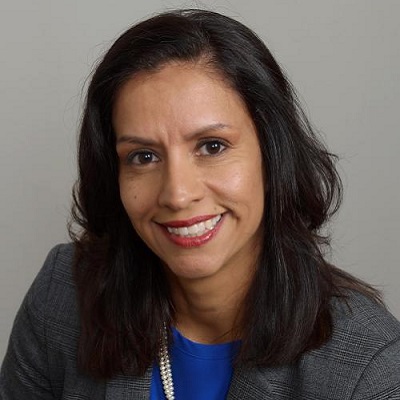
Liz Cedillo-Pereira, J.D.
Chief of Equity & Inclusion
Dallas, Texas
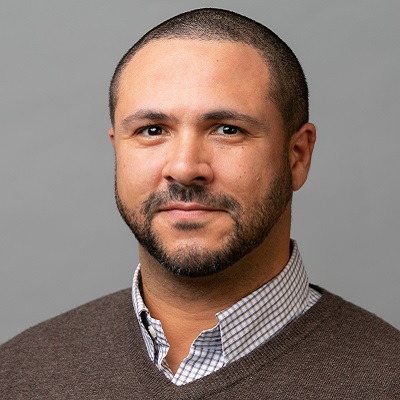
Benjamin Duncan
Chief Diversity and Equity Officer
Multnomah County, Oregon

CHRIS FABIAN
Co-founder, RESOURCEX
Genesis D. Gavino
Resilience Officer
Dallas, Texas
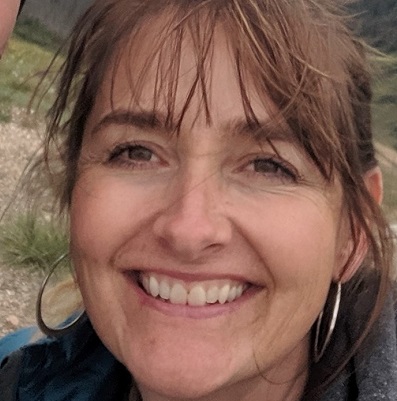
AIMEE KANE
Equity Program Manager
BOULDER, COLORADO
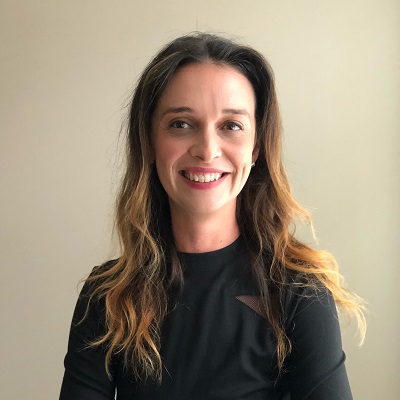
SARAH MARTIN
VP of Health Solutions
mySidewalk
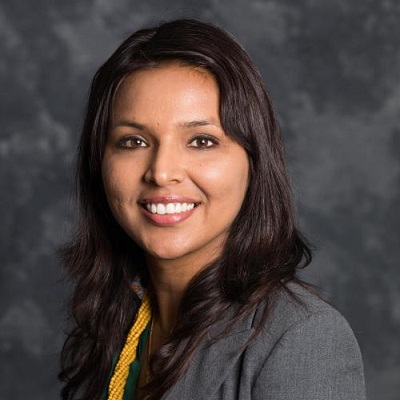
MANISHA PAUDEL
Chief Equity Officer
Des Moines, IOWA
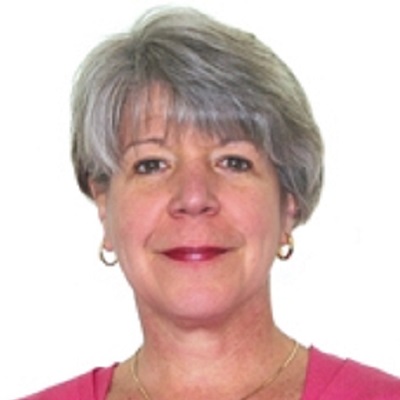
MARTHA PEREGO
Director of Member Services and Ethics
icma
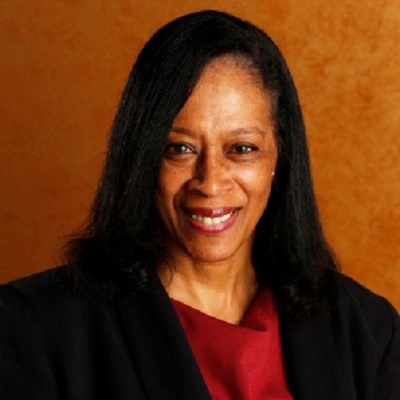
DIANE POWERS
retired director, Office of Equity & Human Rights
TACOMA, washington
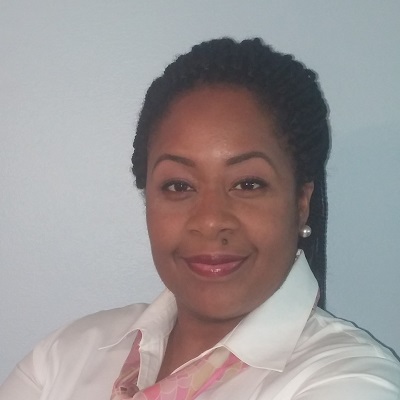
Kweli Rashied-Henry
Racial Equity Officer
Durham County Government
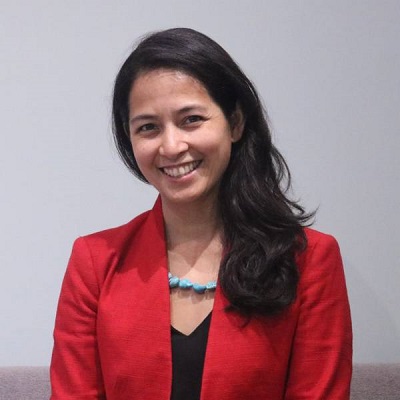
Elizabeth Reynoso
Closing the Gaps Network
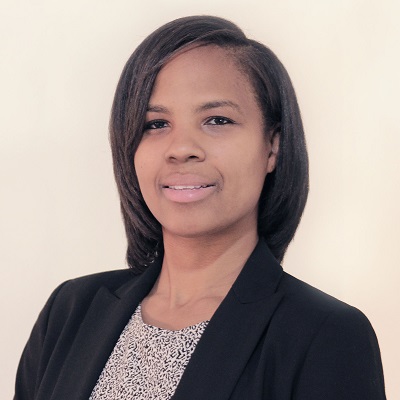
SIRI RUSSELL
director, OFFICE OF Equity and Inclusion (OEI)
Albemarle County, virginia
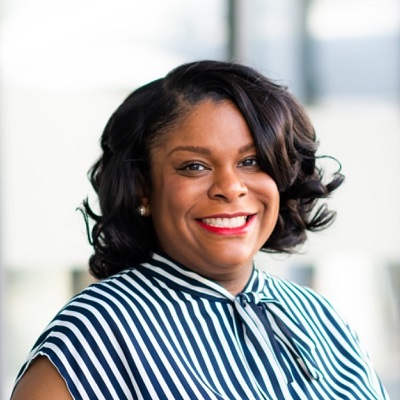
Aleea Slappy-Wilson
Diversity, Equity, and Inclusion Officer
NORFOLK, VIRGINIA

Phillip Smith-Hanes
County administrator
saline, kansas
Other Important Information About Registration
- Digital Platform
-
On Monday, June 7 attendees will receive their login credentials to the digital platform via email from mobilesolutions@chime.live.
Attendees who register on or after June 7 will receive their login credentials within 24 hours or sooner.
If you do not receive your credentials, please check your “other” and “junk” folders. It is advised to mark mobilesolutions@chime.live as a safe sender. The email will contain your username, password, and the link to the platform.”
- Members
-
To register as a member, your ICMA membership status must be current. If you would like to verify your status, call ICMA Member Benefits & Services toll free at 800-745-8780 or 202-962-3680; or email customerservices@icma.org.
Note: ICMA membership is for individuals only. If you are not currently a member, use the nonmember category fees.
- Nonmembers
-
Take this opportunity to join ICMA and receive discounts on conference registration as well as many other membership benefits. To join online or download a membership application, visit the ICMA Join page.
- Cancellations
-
Due to the digital nature of these events, ICMA cannot accept cancellations or process refunds. If you are unable to attend the event after you have registered, please consider a substitution for one of your colleagues.
- Substitutions
-
ICMA will process registration substitutions free of charge until 11:00AM on Thursday, June 10. Any difference in registration fees will either be charged or refunded.
- Contact
-
If you have any general questions about the Equity Summit, please call Matt Watson at 202-962-3585 or email conferenceteam@icma.org.
